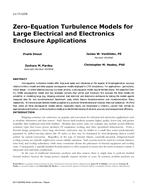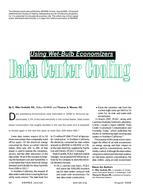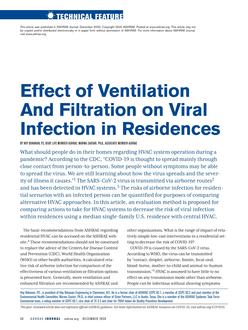Low-permeance vapor barriers are widely used on the interior of wall and roof systems in large parts of North America. Many codes and standards imply or even state that low-permeance vapor barriers should be used in all cold regions as well as many moderate climate zones. The influence of vapor barriers on the hygrothermal performance of wall and roof systems is a function of exterior climate, interior climate, solar absorptance, rainwater absorption, and the vapor and thermal resistance of all of the layers in the system. In many practical situations, a low-permeance vapor barrier will not improve hygrothermal performance and may in fact increase the likelihood of damaging condensation or trap moisture in the system. This paper will examine the role of vapor barriers on hygrothermal performance with the aid of simple and transparent diffusion calculations supported by measurements from full-scale natural exposure monitoring. The phenomenon of summertime condensation, the drying of roofs and walls, and multiple vapor barrier layers will be explored. The importance of properly assessing both the interior and exterior climate will be discussed. Vapor diffusion control strategies will be presented.
Authors: J.F. Straube, Ph.D.
Citation: Thermal Performance of the Exterior Envelopes of Buildings VIII
Keywords: December, Florida, 2001
Citation: Thermal Performance of the Exterior Envelopes of Whole Buildings VIII
Product Details
- Published:
- 2001
- File Size:
- 1 file , 280 KB
- Product Code(s):
- D-7997


